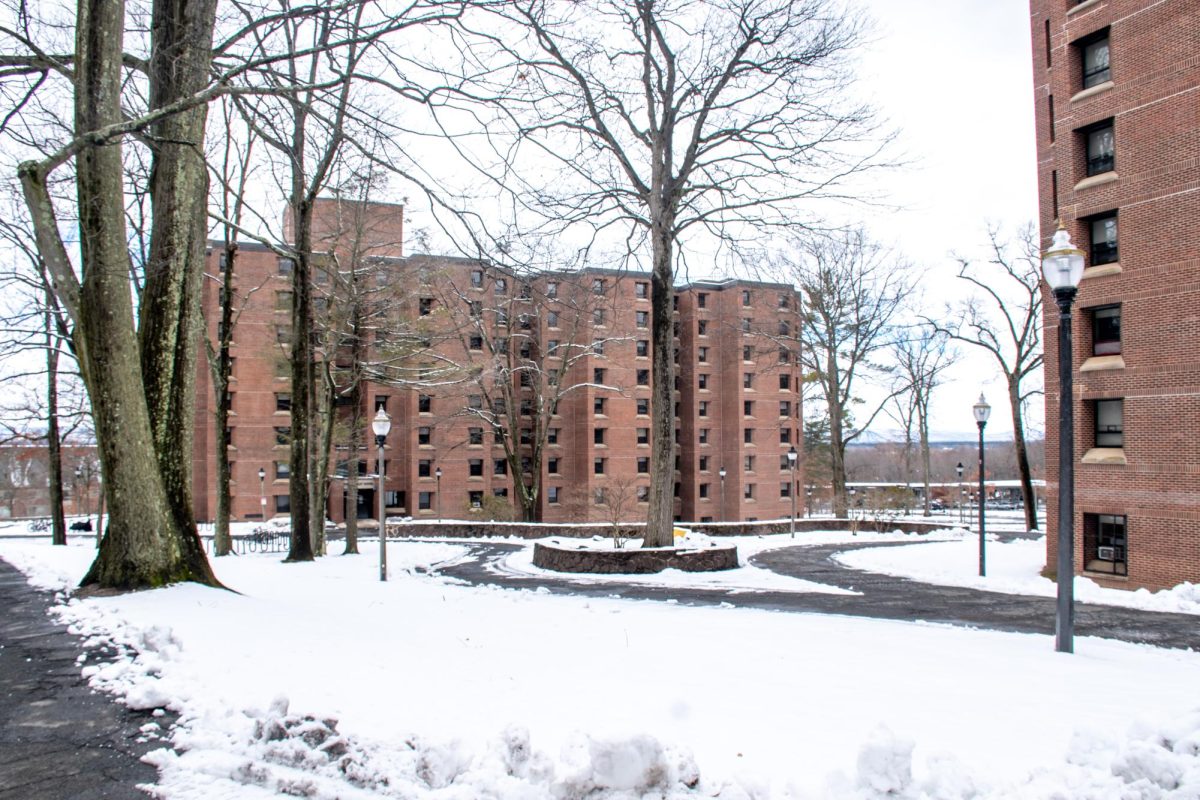In recent years, more students have been living off-campus than ever before, with 42 percent of students living off campus in Fall 2022 alone. Many of these students have been forced to live off-campus due to a housing crisis, creating a tricky to navigate environment as people scramble to find apartments before Fall 2024 housing selections even start.
Students find themselves on month long waitlists at housing complexes like Puffton Village or looking through less than stellar houses that hosted one too many parties. However, the true issues in searching for housing lie not only in the lack of housing options but in some of the strange town laws that create barriers for students. One of those strange town ordinances that many students have to work with is one of the town’s rental laws––only a maximum of four unrelated people can live in a dwelling.
The origin of the law is somewhat unclear, with a myth about the law originally being about more than four unrelated women living in a dwelling that would constitute a brothel. However, the town of Amherst sees it as a means to prevent overcrowding and only began enforcing the law in 2009. In the towns reasoning, if it doesn’t limit the amount of unrelated people that could live in a dwelling, students would have the incentive to overcrowd apartments or houses for the sake of saving money.
It may seem like the town is looking out for the student’s best interest, but if you look closer, you might realize that it’s putting students in a more dangerous situation. Not all properties in the Amherst area have only four-bedroom spaces, with some having five or six. These properties have the clear facilities to safely rent to more than four students but are not permitted to do so under the law.
Students often live off the lease to find an apartment space. This can be a dangerous game for both renters. Having no written agreement allows for the renter to be charged higher fees suddenly or be kicked out of the property.
The danger doesn’t only lie with landlords. The town itself creates predatory environments through the enforcement of the laws. A past Collegian article discussed an incident where neighbors photographed cars in driveways bringing claims of overcrowding to the police. Interactions like this can lead to conflicts with police or officials and end with students losing housing or neighbors taking advantage of them.
While the town may hold these dangers as mere side effects of a protective law, I doubt protecting students is their main priority. In Amherst, it costs $250 for a single rental property registration and a state tax rate of 5.7% on rental properties. If owners of larger properties want to rent, they’ll have to apply for multiple rental property registrations to have their places recognized as multiple dwellings that could fit more than four students, allowing for the city to make more money on fees and taxes.
Many smaller landowners can’t keep up with the taxes and fees and often sell their properties to development groups that create properties like the Townehouses of Amherst or Alpine Village. These housing developments tend to be more expensive than individual properties, causing many students to struggle to make ends meet and taking out affordable housing for local families. Ultimately, Amherst is only pushing people out, and making travel to school and work more costly and less convenient.
While ordinances like the four-person in a dwelling law seem to address overcrowding issues, they only to add a list of other problems. It increases the amount of people living in spaces unlawfully, exposing them to exploitative situations that could leave them without a place to live. If Amherst truly cared about the students, it would forgo the old law, adjusting it so that places with five or six bedrooms wouldn’t be designated illegal housing.
Lily Fitzgerald can be reached at [email protected].




















John • Feb 13, 2024 at 12:16 pm
I guess when I was living in a house with 8 bedroom and 8 people in 1986 I was breaking the law. LOL